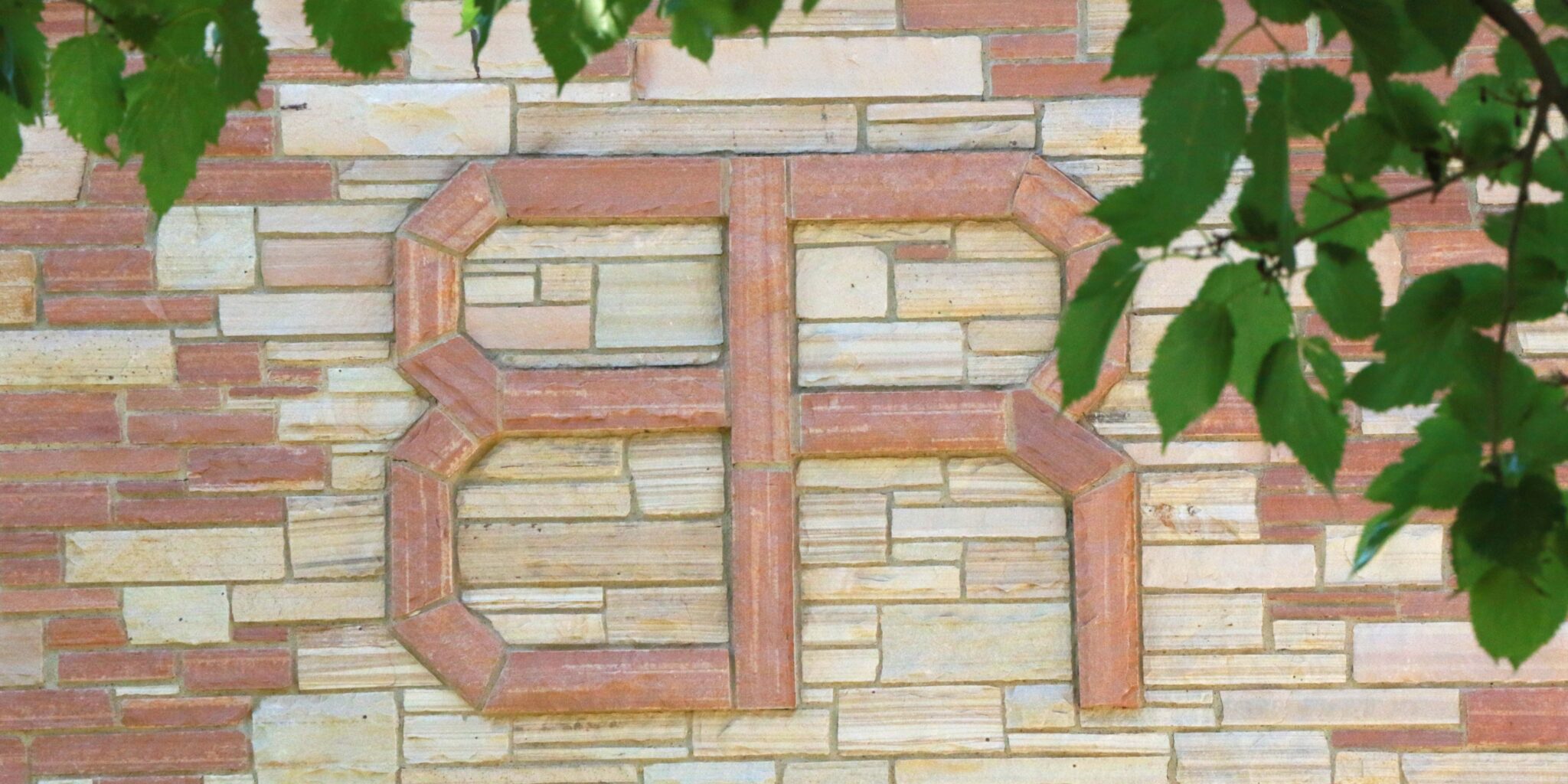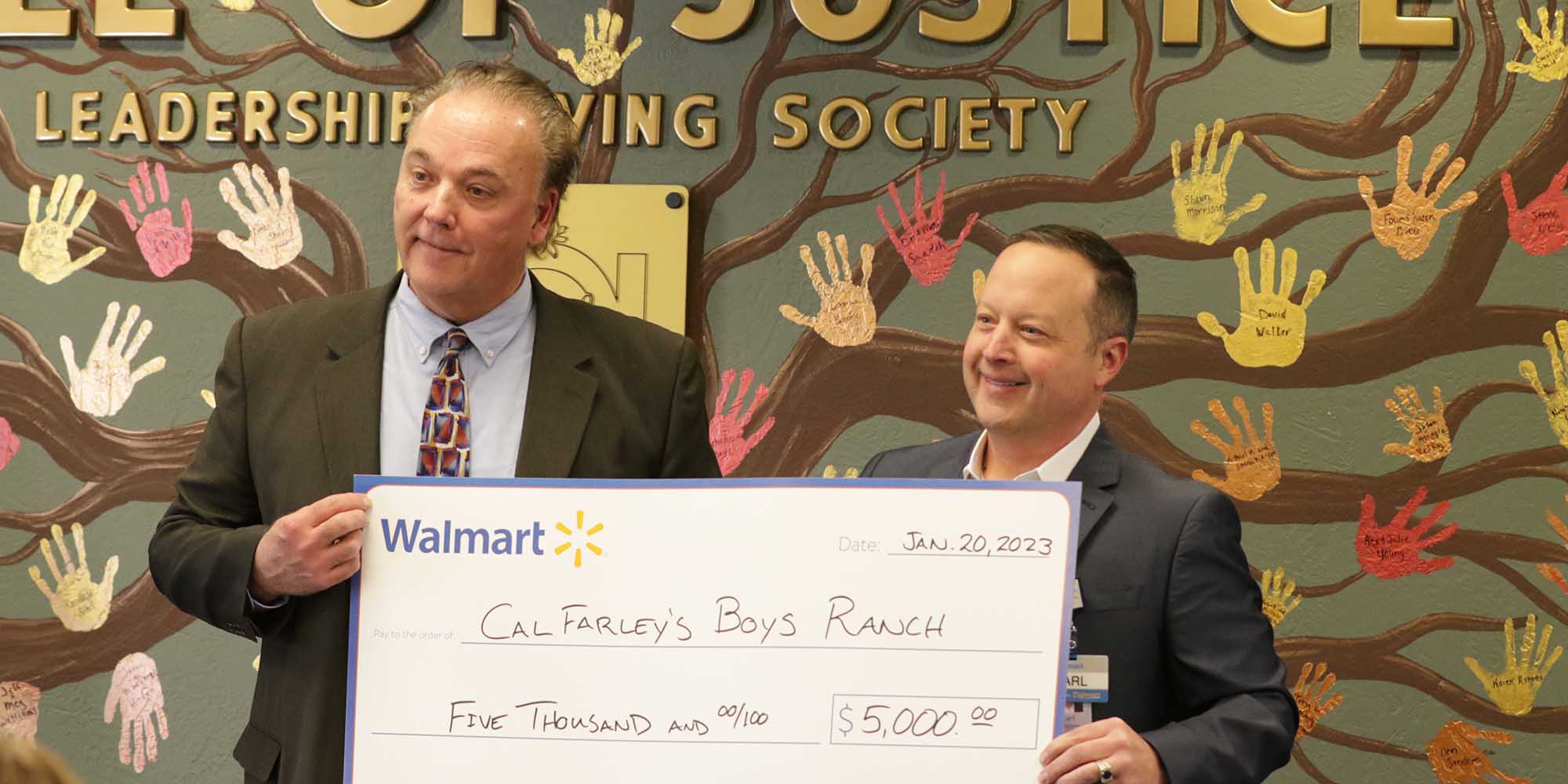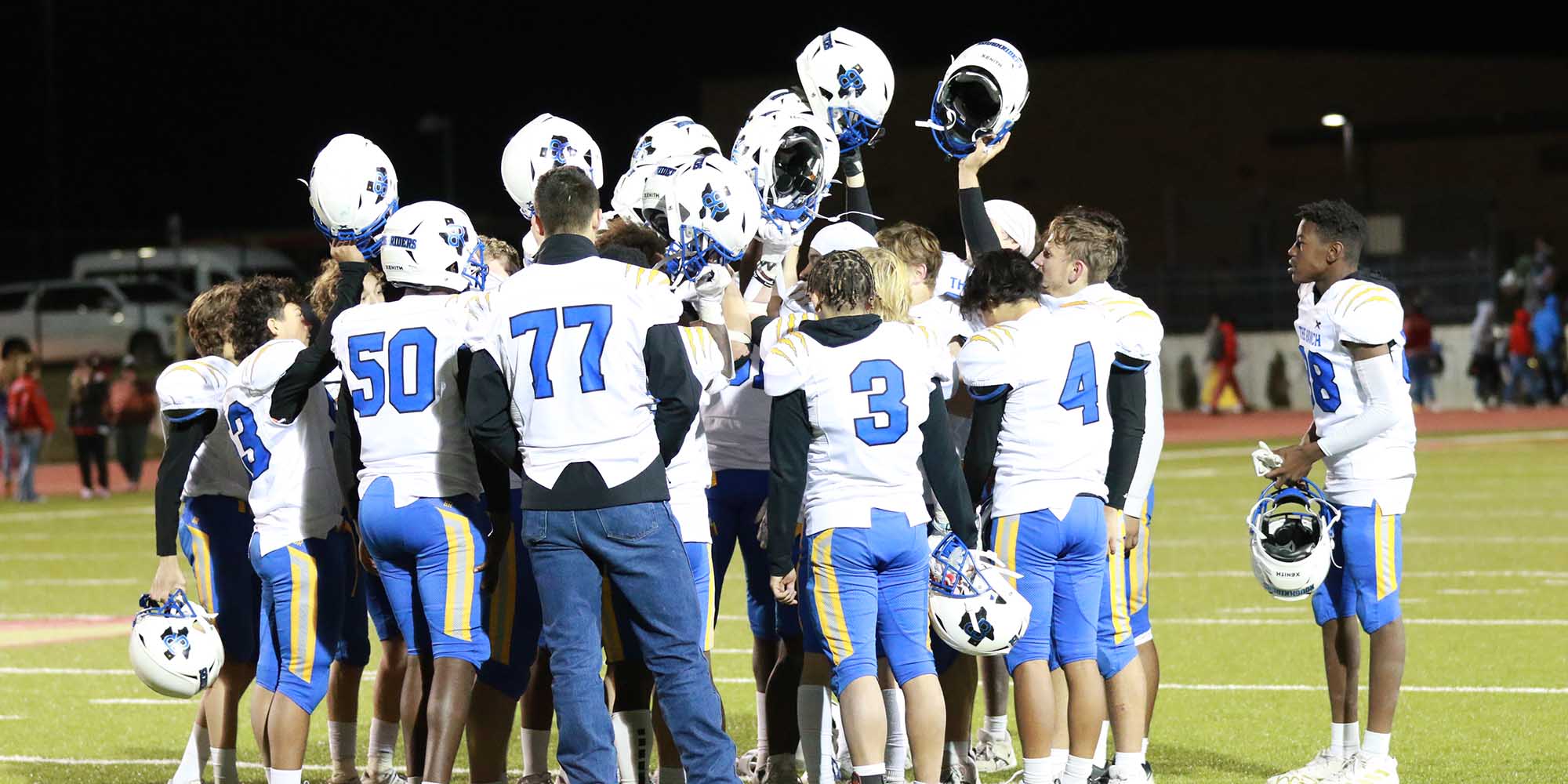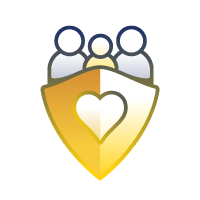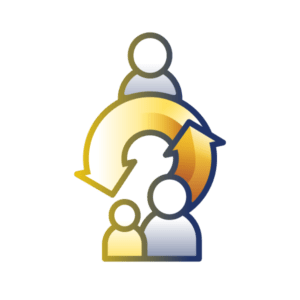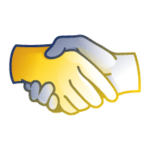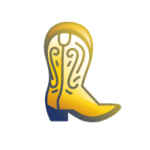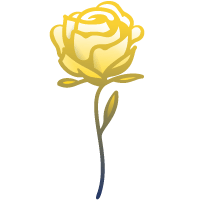Cal Farley’s equine programs are perhaps the most recognizable of the many tools our caring professionals use to help young people overcome their painful or dysfunctional pasts.
But, what purpose do our equine programs serve? Why are they so valuable in helping a child heal and grow into a well-adjusted, productive young adult?
Very often, youth who come to Cal Farley’s have established unhealthy relationship patterns in many areas of their lives. At times, even the foundational understanding necessary to form a relationship with other people is missing.
“If you look, developmentally, at how we become who we are … it all stems from our early relationships,” explained Michelle Maikoetter, senior vice president of residential programs. “How our caregivers were with us sets the foundation for all the relationships that follow.”
One of the primary goals for Cal Farley’s mentors, Maikoetter said, is to help youth develop a new, healthy, understanding of what a relationship is, how to form one and how to maintain it. Cal Farley’s often finds an indirect approach is the most effective way to convey this understanding to those we serve.
“We don’t have social skills groups. We don’t sit and say ‘today, we’re going to talk about social skills,’” Maikoetter chuckled. “But, every interaction is built toward modeling those skills … What we’re trying to do is get some replacement experiences — positive experiences, healthy experiences so we can help them rebuild that template of what a relationship is.”
Horses are an invaluable part of this rebuilding process. Horses, by nature, are social creatures, just like humans. But, unlike people our youth may have encountered elsewhere in their lives, horses provide instant, honest feedback to the attitude and actions our youth bring to the interaction.
For youth in crisis, it’s often easier to form a relationship with a horse or other animal than with an adult or peer. Sometimes, the youth we serve haven’t experienced a fulfilling relationship that meets their needs before coming to Cal Farley’s. By showing our young people their individual strengths and challenges with an animal that will mirror their own reactions to relationships, they’re able to apply what they learn to create positive, stable relationships, sometimes for the first time in their lives.
But, before healing can begin, the child must develop a simple trust with his or her horse, explained Ryan Lynn, youth activities coordinator.
“They’re going to go out there and just spend time with that horse,” Lynn said. “I say ‘go out there and find some space. If you want to divulge all your deepest, darkest secrets to this horse, you’re telling it to a living, breathing thing.’”
Lynn explained the lessons youth learn from their interactions with the horses at Cal Farley’s often provide them insights into their relationships with their peers or adult mentors. A child who struggles with these adult relationships may initially try to force another person to comply with his or her wishes. A horse, however, isn’t intimidated by such an unhealthy approach. Instead, the child must build a relationship with the horse based on mutual trust.
While a child might struggle or react strongly against such an idea in direct conversation, the same truth — taught in a real-world interaction — is easier to accept.
“It’s a less threatening environment to talk about doing something with this horse and how that parallels to how you try to make friends,” Maikoetter said. “So, then, when you get frustrated with the horse, how do you handle it? How do you negotiate what you want and what the horse wants? … It’s about saying ‘How does this work? Does this get you the kind of results that you want?’ So, if you want to have friends, but the way you’re doing it isn’t working out for you, what can we do to make that different?”
From learning to calm themselves to teaching ways to build lasting relationships, the men, women — and horses — of Cal Farley’s equine programs provide our youth with many valuable skills they’ll use throughout their adult lives.
